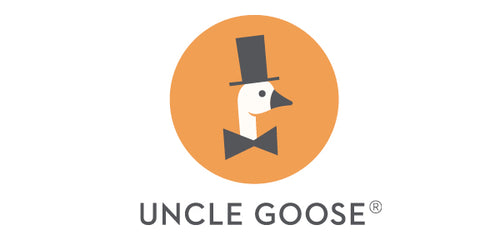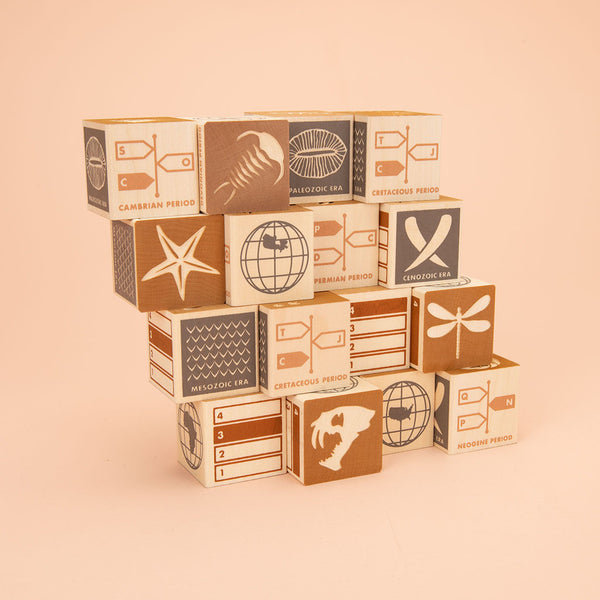
How would you like to become a paleontologist?
Paleontologists are scientists who study dinosaurs and other ancient reptiles. They also study ancient life forms like plants, insects, and sea creatures.
Do you like looking for clues and solving puzzles? Do you like taking pictures and making notes? Are you observant and patient? You might make a great paleontologist!
To do their work, paleontologists study fossils. Fossils are petrified records of ancient creatures.
- Stony fossils: animal bones or body parts that turn to rock over time.
- Mold fossils: an animal part presses into mud and the mud turns to rock.
- Cast fossils: a mold fossil fills with mud; then dries and turns to rock.
Fossils tell paleontologists what ancient life on Earth looked like. Fossils also give clues about where creatures like dinosaurs lived, as well as what they ate.
You don't have to be paleontologist to study fossils! You can try to find fossils yourself. Go outside and look on the ground. If you look in areas where erosion has pushed away soil, it may reveal a fossil.
If you find one, be on the lookout for more. Whenever you find one fossil: you may be able to find another by searching or digging a little. But be careful!
You don’t want to break or damage fossils. If you want to be like a paleontologist, you’ll want to work slowly and carefully.
And remember to take photos, videos, and notes when you find fossils. Your recordings can provide valuable clues to people who study ancient life.
To do their work, paleontologists need to know about biology, geology, and chemistry. They often send fossils to their labs to perform chemistry tests on them. They'll use what they know about science to determine the age of the fossil.
Paleontologists will also look at clues like where and how deep the fossil was buried. They'll consider what other fossils were found nearby. And when paleontologists find broken fossils, they work to discover how all the different pieces fit together.
Learning about the past gives us insights about how the planet is likely to change in the future. That’s just one reason studying fossils is important work.





